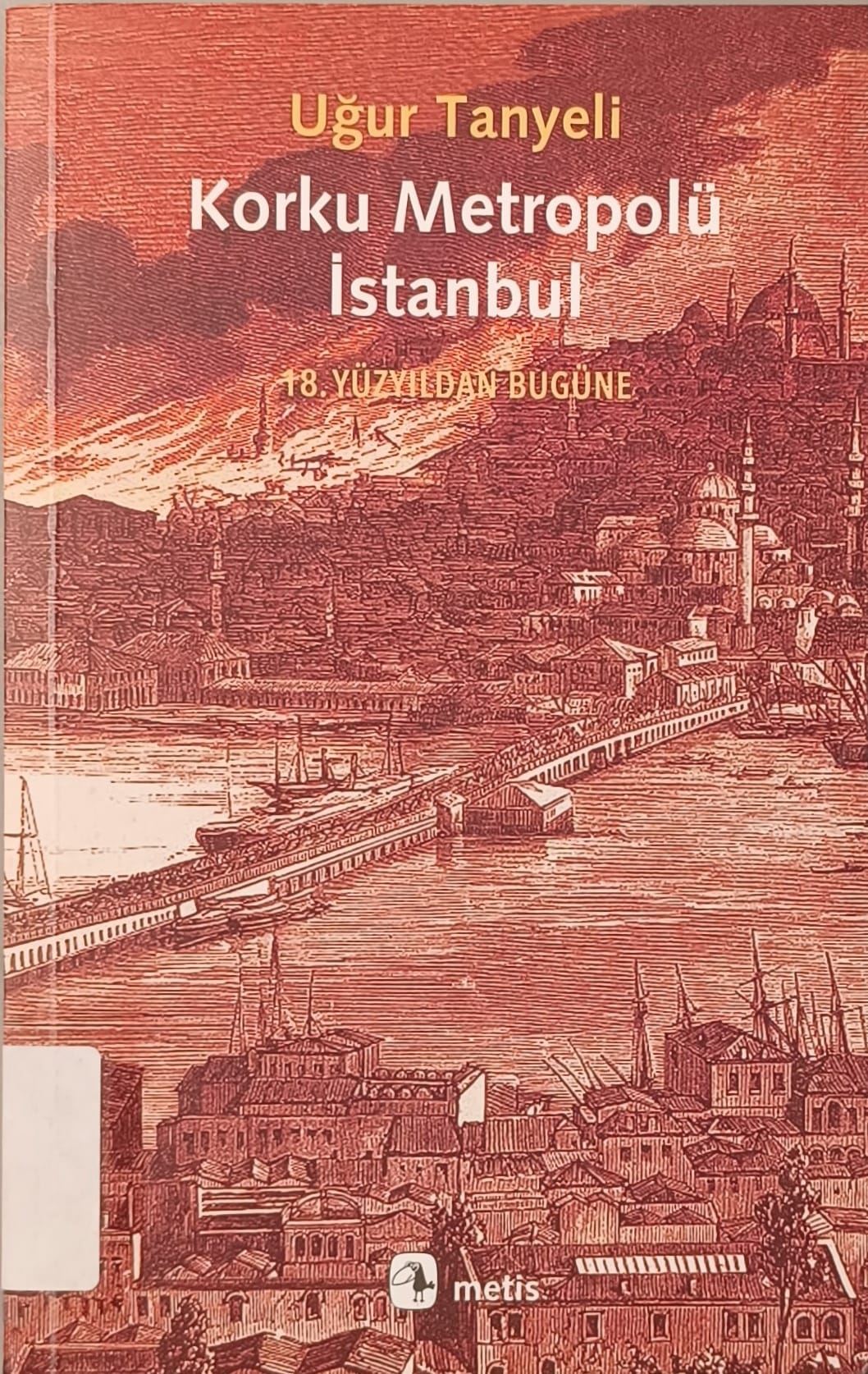
Catalog Registration: Click Here
Spaces are not only created with stone, concrete and iron. Psychosocial states, especially fears, are also space makers. Metropolises in general and Istanbul in particular are environments of fear, and in this sense fear is not a personal but a social anxiety. Therefore, it is necessary to talk about the sociality and necessarily the politics of space. One is afraid in space, one is afraid of space. One is bored in space, one is bored with space. These states are also expressed in space. Imaginary and real authorities are established to make the space not frightening. Therefore, a security order so tight that it cannot be eroded is desired, and efforts are made to build a disciplinary regime. Istanbulites, at least starting from the 18th century, seem to have never missed an opportunity to be afraid. They feared changes in women's social identity, protests against the authorities, free movement of men and women in promenades, the names of places and streets in the city, the ugliness of the urban environment, the arrival of new immigrants to the city, every old and new power center that was marginalized, for example Byzantium, the West, even nature and writing history. Behind it all lies the social “fear of porosity”. One fears that people will change their urban position and status, that people will not be fixed to the places and socialities to which they belong, but will be liberated, that subjects will open up to waters and expanses that they have never experienced before. This book discusses how an “empire of fears” has been built in a psychosocial environment that continues to define metropolitan space in disguise for two centuries.

